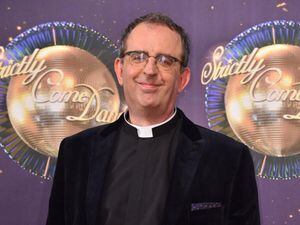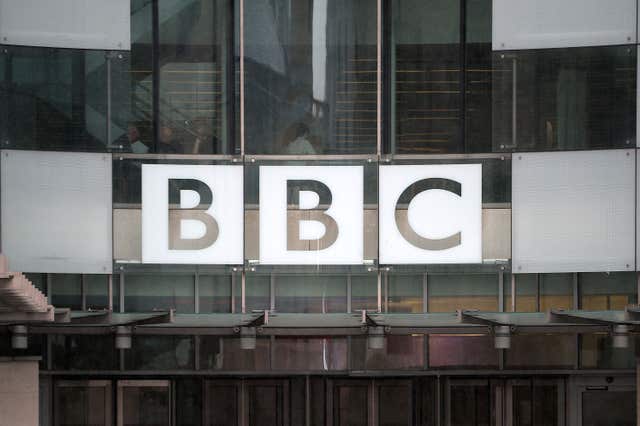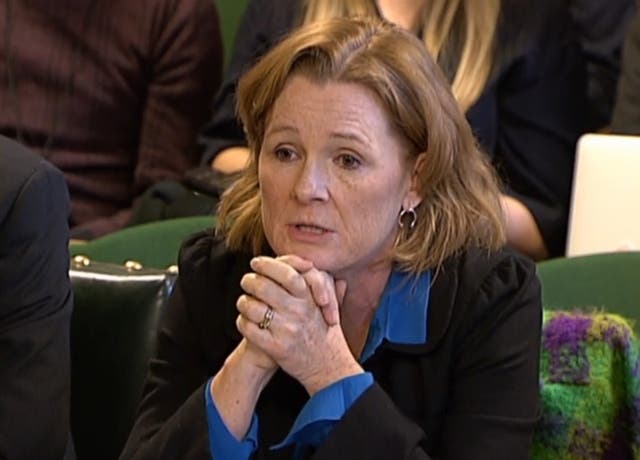Rev Richard Coles hits out at BBC over tax arrangements
The former Strictly Come Dancing star said that he and his BBC colleagues were not ‘lavishly paid luvvies moaning about having to pay tax’.

The Rev Richard Coles has hit out at the BBC over its tax arrangements.
The former Strictly Come Dancing star, who co-hosts BBC Radio 4 show Saturday Live, started a WhatsApp group over the issue.
Writing in The Guardian, he said that he and his fellow BBC stars were not “lavishly paid luvvies moaning about having to pay tax”.
And he called on the broadcaster to be “fair”.

“But forming PSCs (personal service companies) was forced upon us by the BBC, which must take responsibility for that.
“The corporation has long benefited from the loyalty of the people who work there. Many of us love the BBC and care about it deeply.
“The BBC, however, does not love us back… It is not a mistake, I think, to expect fairness from it.”
His comments come after a BBC local radio presenter told MPs she tried to kill herself because of stress over the controversial arrangements under which she was employed.
MPs looking into the issue were told the broadcaster saved around £10 million a year on National Insurance payments alone by paying presenters through personal companies.

She said all her “worst fears came true” after her stepdaughter died and she found herself unable to get bereavement leave, and was then diagnosed with cancer and had to work through surgery, radiotherapy and chemotherapy treatment.
The BBC recently announced a new independent dispute resolution process which could lead to the corporation paying a share of historic bills that in some cases run into five or six figures.
A BBC spokeswoman said: “We recognise there are issues to address. That’s why we have set up a fair and independent process under the supervision of the Centre for Effective Dispute Resolution (CEDR) to determine the right approach where on-air presenters believe the BBC bears some liability in relation to demands for Employer’s NICs.
“We are mindful to balance our responsibilities to presenters with our responsibility to licence fee payers and will ask CEDR to consider the criteria for which cases should be considered.”





